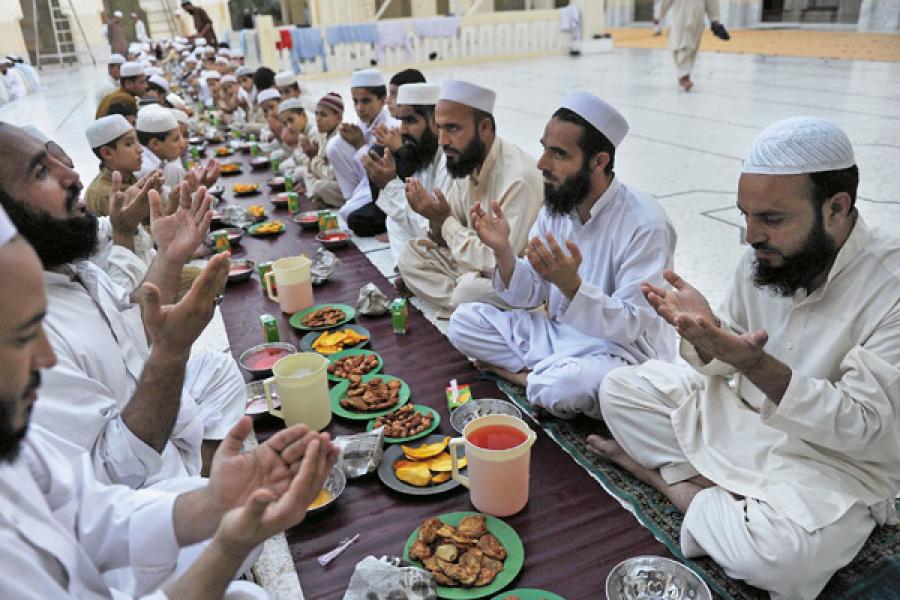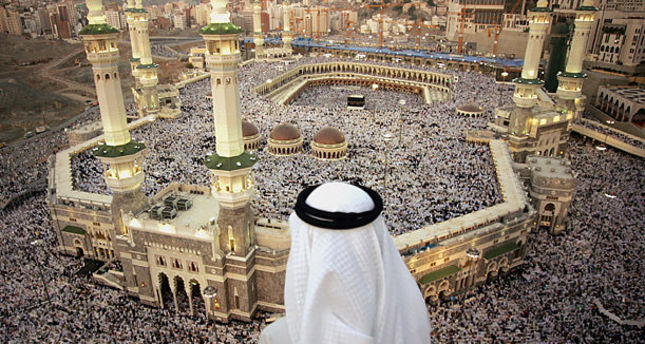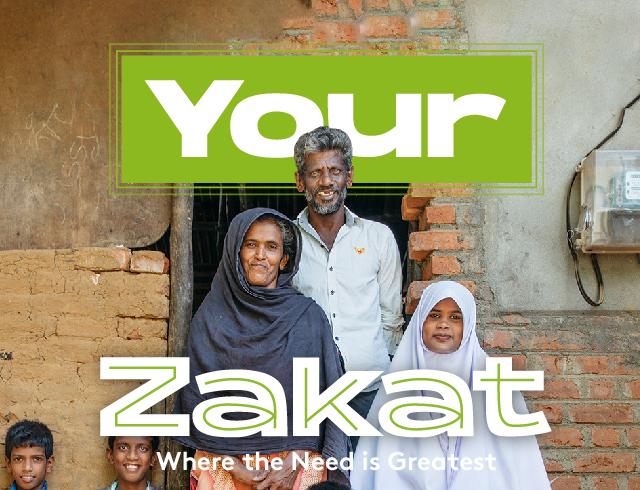(Submission to Allah)
The Five Pillars consist of:

Islamic Health Insights is a blog dedicated to providing valuable information on the intersection of Islamic teachings and modern healthcare. Our mission is to educate and empower individuals to make informed decisions about their health and well-being based on the principles of Islam. We cover a wide range of topics related to Islamic health, including nutrition, mental health, natural remedies, and more. Our team of writers and experts is passionate about sharing their knowledge.








The Islamic Point of view on Well-being: An All encompassing Way to deal with Prosperity what islam say about health issues ? Presenta...
